Expert Seminar at SBMU Explores Social Accountability in Medical Universities: Challenges and Solutions
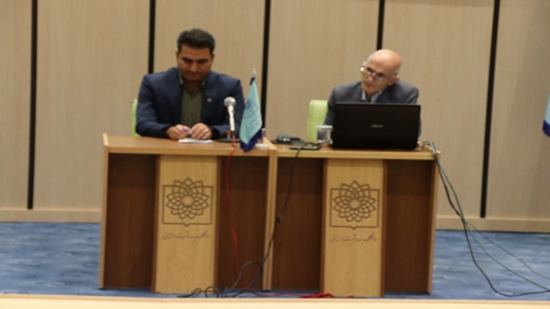
|
On Wednesday, May 29, 2025, the School of Public Health and Safety at Shahid Beheshti University of Medical Sciences (SBMU) hosted a specialized seminar titled “Social Accountability in Medical Universities: Challenges and Solutions.” The event was organized by the Committee on Socially Accountable Education, affiliated with the Office of Educational Development (EDO), under the Vice-Chancellorship for Education. The keynote address was delivered by Dr. Maqsoud Farasatkhah, a prominent sociologist and professor at the Institute for Research and Planning in Higher Education. The session attracted a diverse audience of university leaders, faculty members, education development officers, students, and other engaged participants. Rethinking the Role of Universities in Society As public institutions, universities are not only responsible for generating knowledge and educating future professionals but are also morally and socially obligated to respond to the needs, priorities, and challenges of the societies they serve. This understanding of social accountability is deeply rooted in the principles of social justice, professional ethics, and sustainable development, compelling universities to align their decisions, strategies, and actions with the public good. Medical universities, in particular, carry a unique and multifaceted responsibility. Beyond education and research, they are directly involved in delivering health services to communities. This dual mission requires a deeper commitment to social accountability—one that positions these institutions as proactive agents in addressing health disparities, improving public health, and empowering communities. From Theory to Action: A Call for Transformative Engagement In his talk, Dr. Farasatkhah warned against reducing social accountability to a mere bureaucratic or rhetorical concept. Drawing on his qualitative and phenomenological studies, he posed a critical question:Has social accountability become an empty label in our academic institutions? He emphasized that authentic accountability must be grounded in an ethic of care rather than rule-based formalism. Reviewing various models such as the “virtuous university” and “citizen science,” he highlighted the necessity of cultivating an organic and reciprocal relationship between the university and society. Only then can universities truly fulfill their social mission. The seminar also addressed pressing structural challenges within the higher education system, including weakened meritocracy, political interference in decision-making, and brain drain. These issues were discussed as barriers to realizing a responsive and accountable academic culture. Facing a Complex Future: The Urgency of Adaptation Recent social, economic, cultural, and technological transformations—especially over the past decade—have significantly increased the complexity of societal needs in Iran. Changing disease patterns, rising public awareness, economic constraints, demographic shifts, and technological advancement have generated new expectations of universities. Meeting these expectations requires a paradigm shift from the traditional, insular model of higher education to one that is responsive, community-centered, and participatory. Medical universities, in particular, must become active partners in public problem-solving, contributing to healthier, more equitable societies. This seminar reinforced the university’s commitment to the United Nations Sustainable Development Goals (SDGs A Platform for Critical Dialogue and Practical Change The event concluded with an open discussion, during which participants explored strategies to institutionalize social accountability within complex academic systems and emphasized the critical role of students in this transformation. One key takeaway was the need to replace top-down, formalistic approaches with a culture of care, responsibility, and mutual respect. By fostering reflective dialogue and offering actionable insights, this seminar represented a valuable step toward embedding social accountability in the core mission of medical universities. Events like these pave the way for more equitable and impactful higher education systems, deeply attuned to the needs of society. |

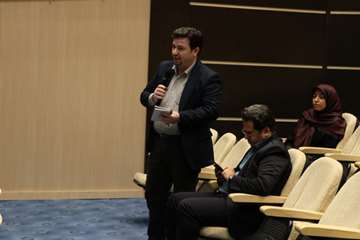
_page-0001.jpg)

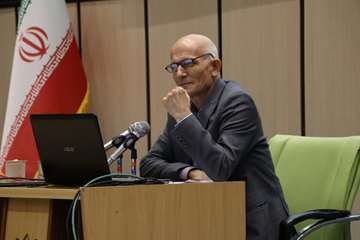

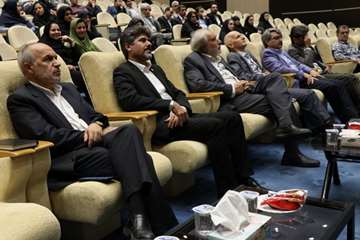
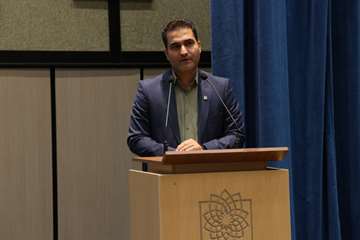
Comment